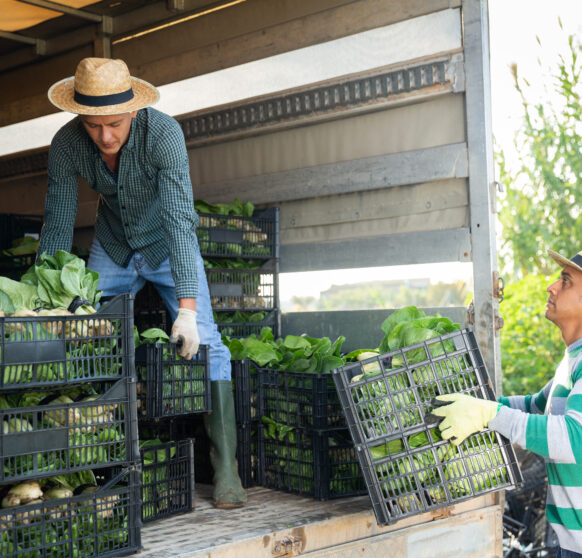SUMMARY
Transforming food systems to ensure that they are inclusive, health-enhancing and environmentally sustainable requires new modes of governance. Conventional governance arrangements have proven inadequate to solve highly interconnected food system problems as they tend to produce fragmented policy solutions and/or exclude stakeholders with little lobbying power. This brief presents different approaches that highlight how governments can coordinate policy sectors and engage food systems actors more effectively.
